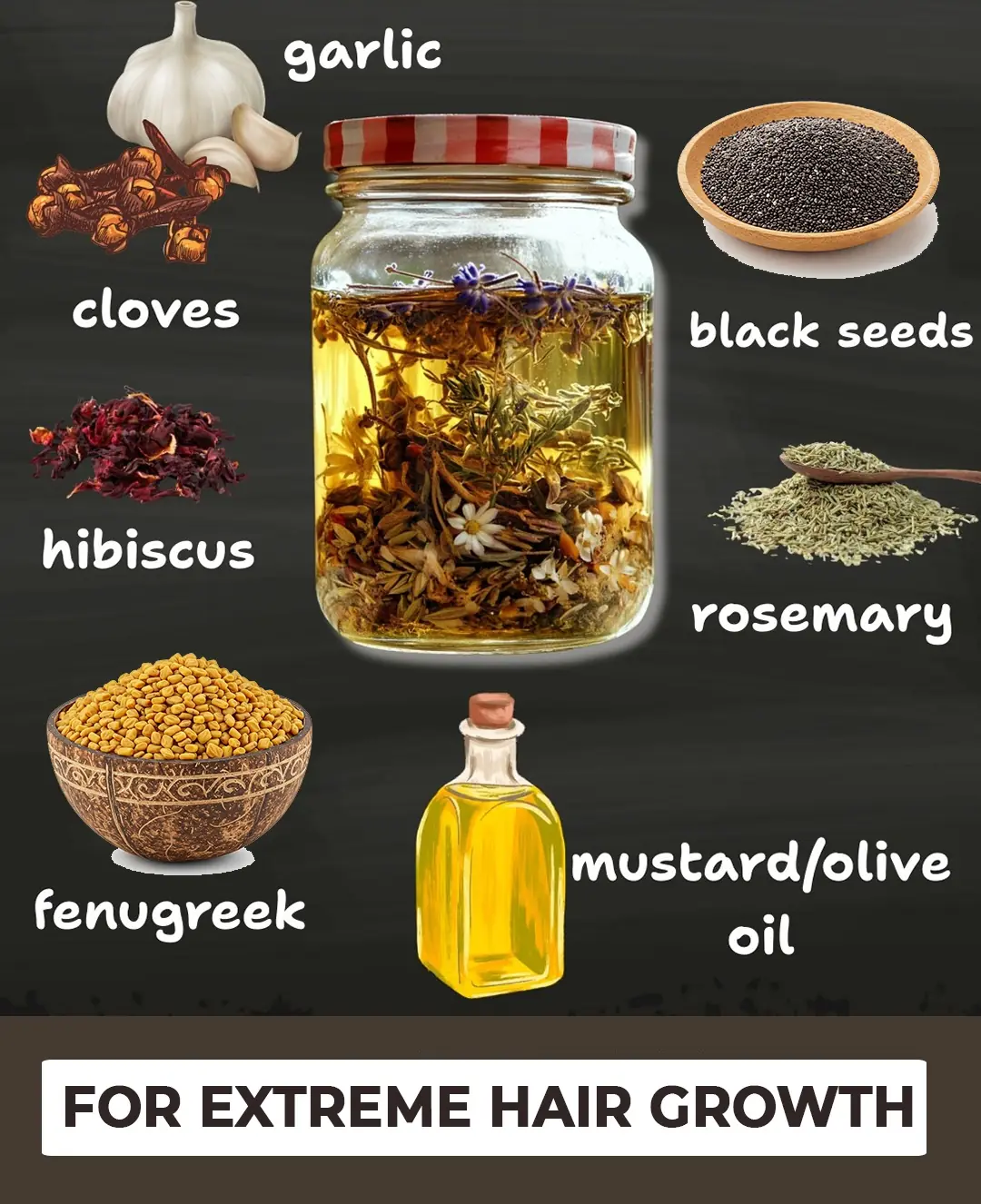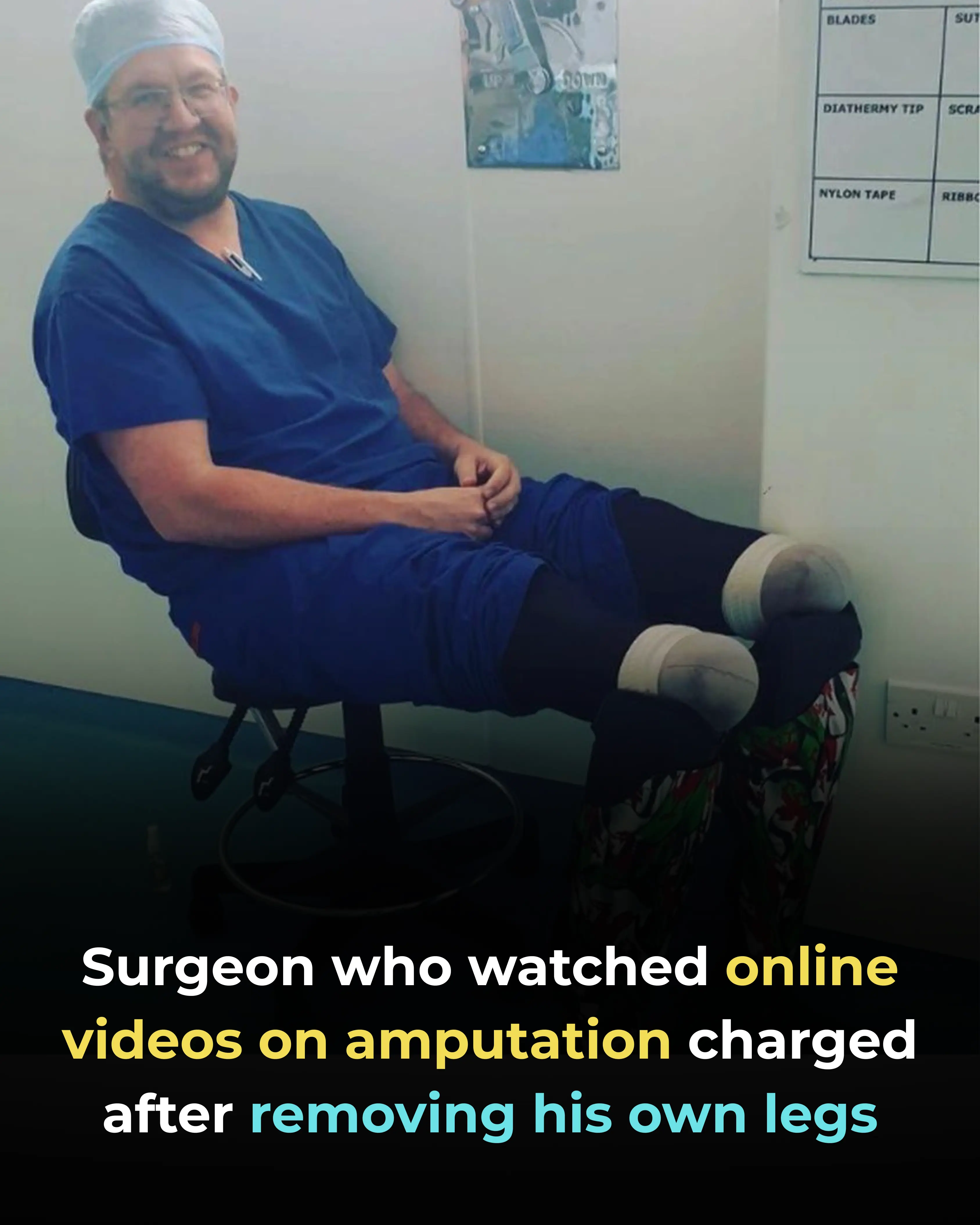
Nanobots could be disease-fighting machines inside the body, offering a path to eternal life
Tiny Machines Could Reshape Human Destiny
By 2030, scientists predict that nanobots — microscopic machines built at the molecular scale — could enter the human body and fundamentally transform everything we understand about life, health, and aging. These tiny devices may not remain science fiction for much longer.
Imagine nanobots patrolling our bloodstream like digital immune cells, tirelessly scanning for viruses, bacteria, cancerous cells, or even damaged DNA. The moment they detect a threat, they could spring into action: repairing tissues, destroying disease, and preventing illnesses long before any symptoms surface. Unlike traditional medicine, which typically reacts once damage has already taken place, nanobots promise a proactive, preventative approach — acting before harm even begins..jpg)
Image Credits: K_E_N/shutterstock.com
Beyond disease control, these machines could tackle aging itself. They might unclog arteries, rebuild or regenerate organs, and maintain individual cells in peak condition. Because they are programmable, they could receive wireless updates in real time, continuously improving their ability to protect and optimize our bodies.
The boldest vision? Radical life extension. Some researchers suggest that nanobots could slow, halt, or even reverse the aging process at the cellular level. In that sense, aging becomes less of a fixed biological fate and more like a bug in our system — a glitch that can be patched. With these machines, we might not only prevent diseases but also preserve youth indefinitely.
Early experiments in animals have already shown encouraging results. In lab studies, nanobots have demonstrated targeted delivery of therapies and precise navigation. For instance, researchers have created magnetic nanorobots about 300 nm in diameter that can be guided through blood vessels to treat brain aneurysms. Teams have navigated swarms of micro-robots in preclinical trials to treat sinus infections by heating them to release reactive oxygen species that kill bacteria.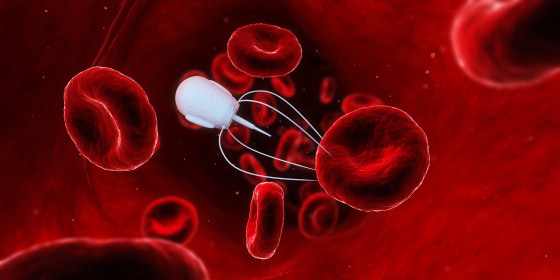
At the cutting edge, scientists are also working on clinically ready microrobots capable of being steered inside the body under physiological conditions, thanks to magnetic guidance systems. Others have developed bio-hybrid microrobots using jellyfish-derived stinging capsules for deeper tissue drug delivery. Meanwhile, advances in artificial intelligence and reinforcement learning are enabling nanobots to autonomously detect and chase cancer cells in simulations.
Researchers are also expanding the application of micro- and nano-robots to new clinical frontiers. For example, tiny robots are being investigated for treating eye diseases by delivering drugs directly to precise locations in the eye.
Even though many of these technologies are still at an experimental or preclinical stage, the momentum is real — and growing. A new mathematical model, published in Nature Communications, has improved how microrobots can navigate the complex flow of blood, overcoming a key hurdle on the way to human trials. Still, challenges remain: biocompatibility, long-term safety, immune response, controlling the motion and function of millions or billions of these bots, and the ethical implications of their use.
The market for nanorobotics in medicine reflects this optimism. According to a business report, the global market for nanorobots in healthcare was already valued at US$ 7.8 billion in 2024, and is projected to reach US$ 11 billion by 2030.
Some futurists go further. Raymond Kurzweil and others have speculated that nanorobots could become a central tool in extending human lifespan — possibly helping people to live well beyond 120 years by continuously repairing cellular damage. While those ideas remain speculative, they highlight how big the potential payoff could be.
In short, this is not just science fiction. A future where disease becomes optional, healing is constant, and death itself may be significantly delayed is no longer inconceivable. As the technology matures, the question could shift not from “Can we survive?” to “How long do we want to live?”
News in the same category

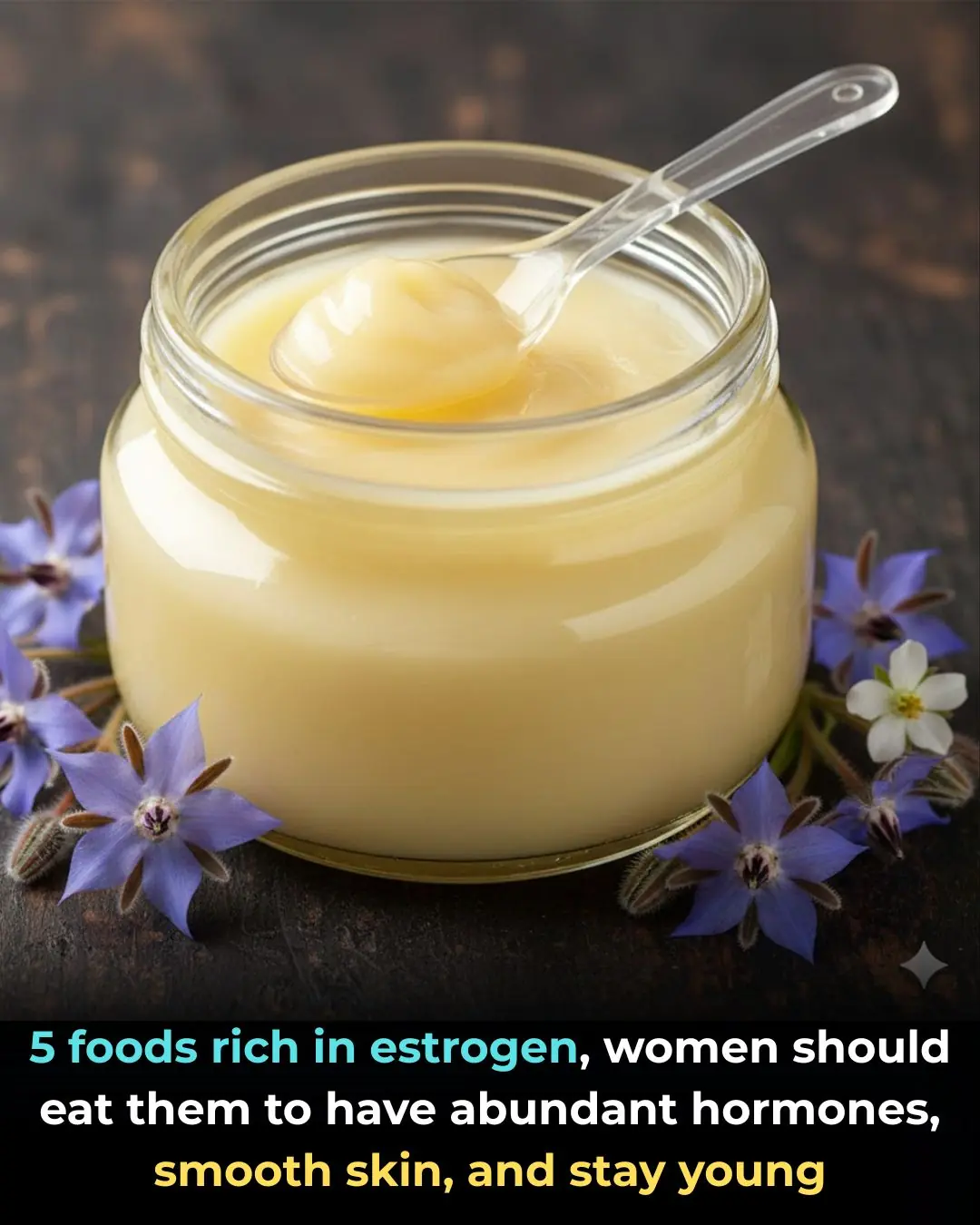
5 Estrogen-Rich Foods Women Should Eat for Hormonal Balance & Radiant Skin
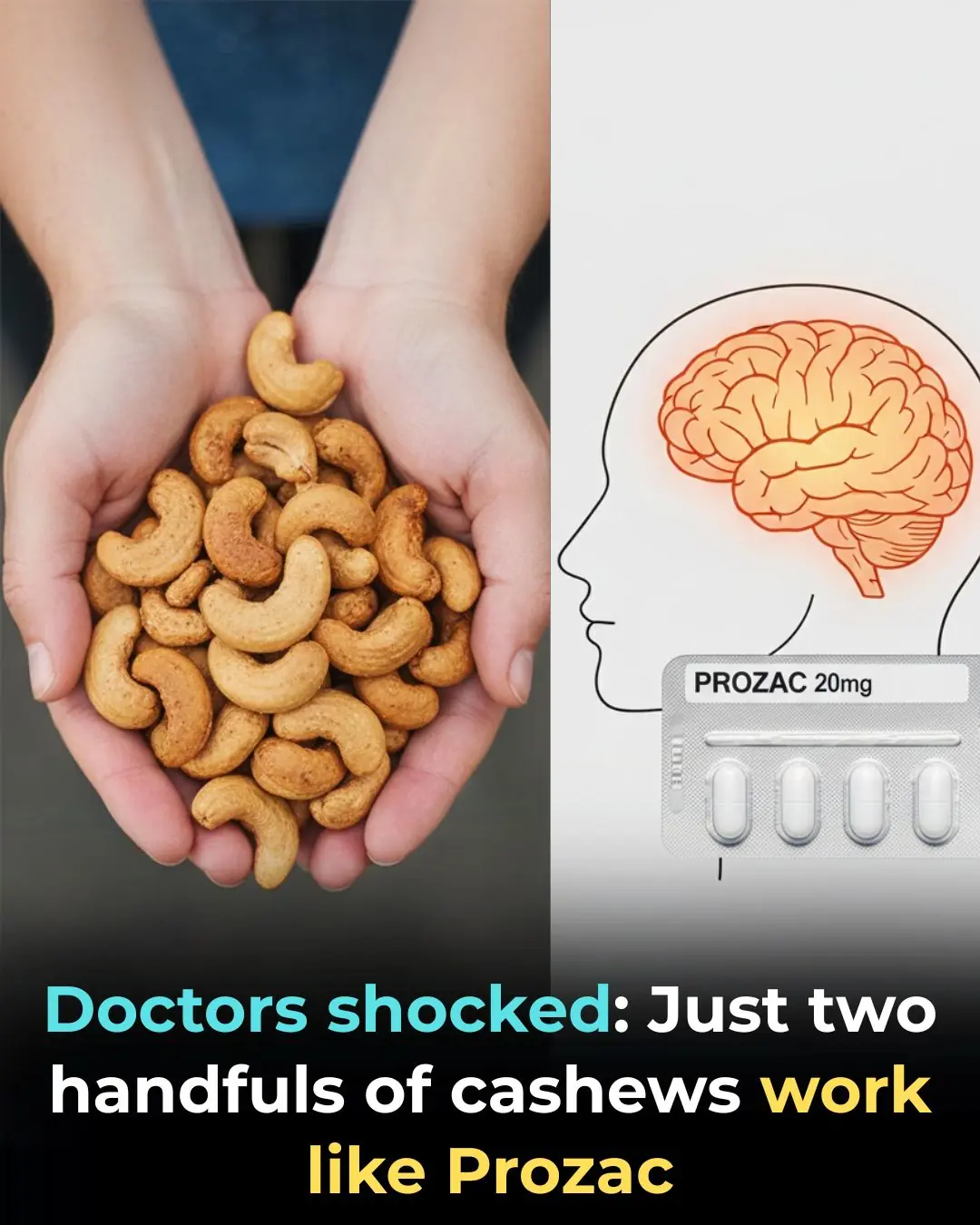
2 Handfuls of Cashews is The Therapeutic Equivalent of a Prescription Dose of Prozac
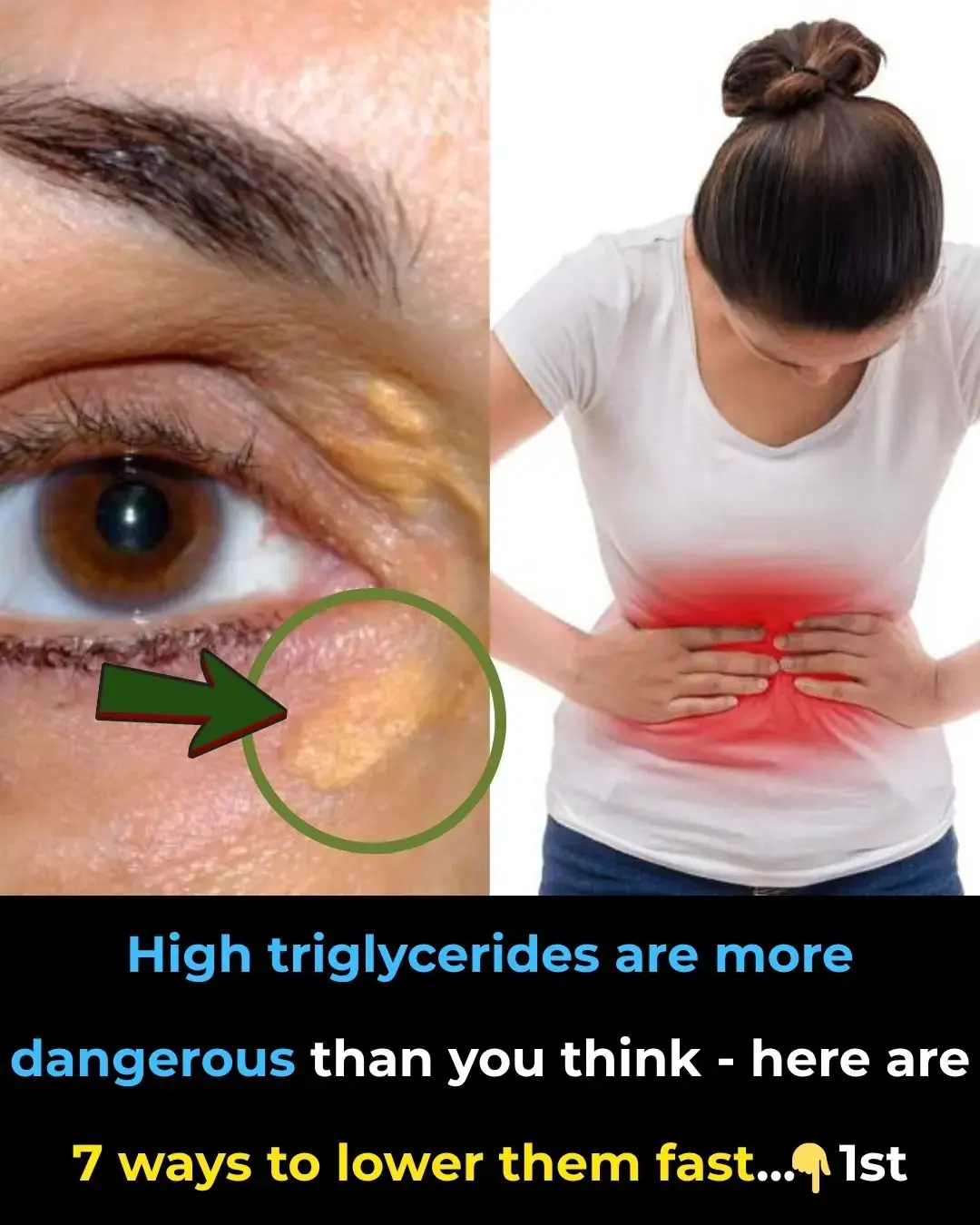
7 tips to eliminate dangerous blood fat
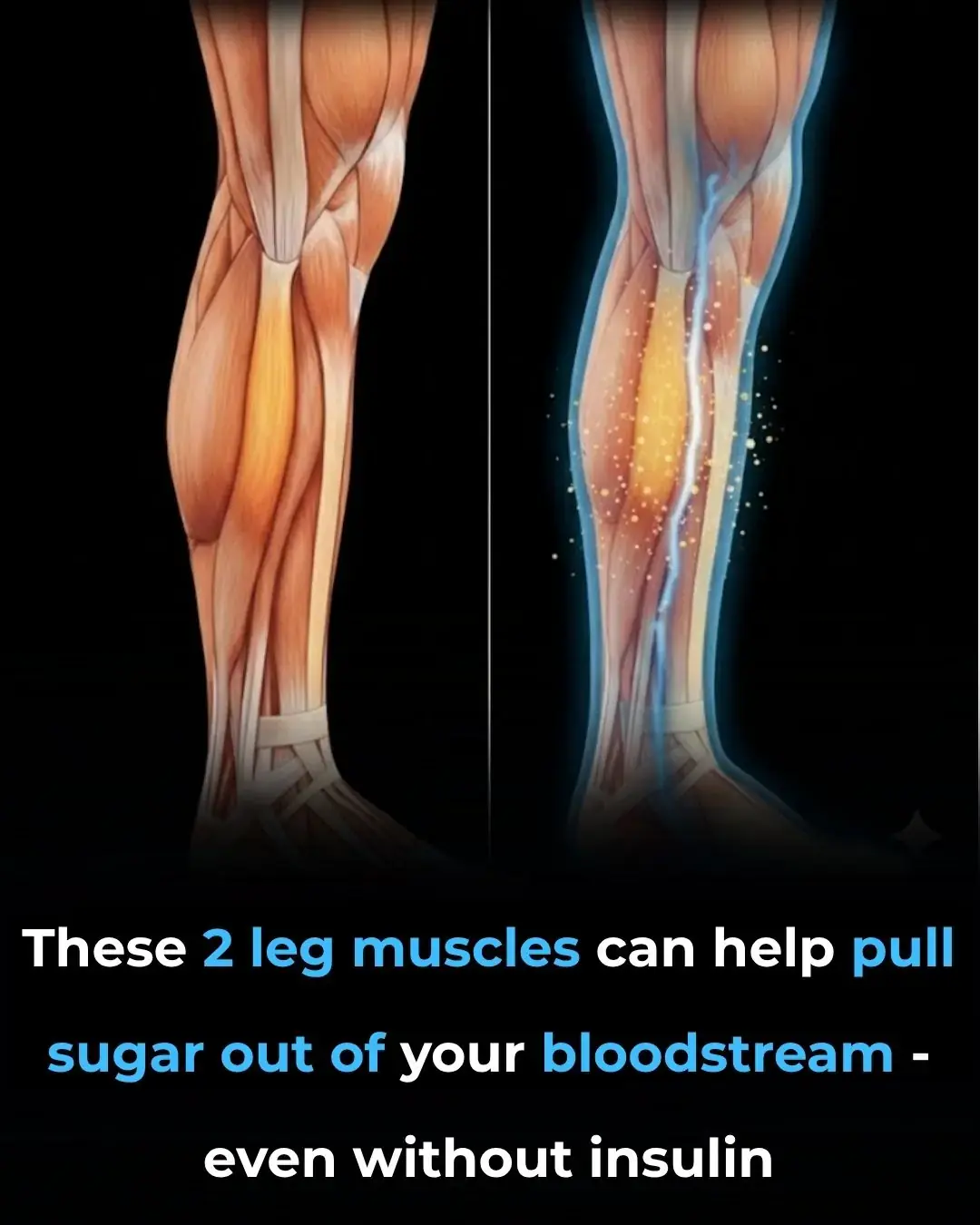
Lower blood sugar naturally by training just 2 leg muscles
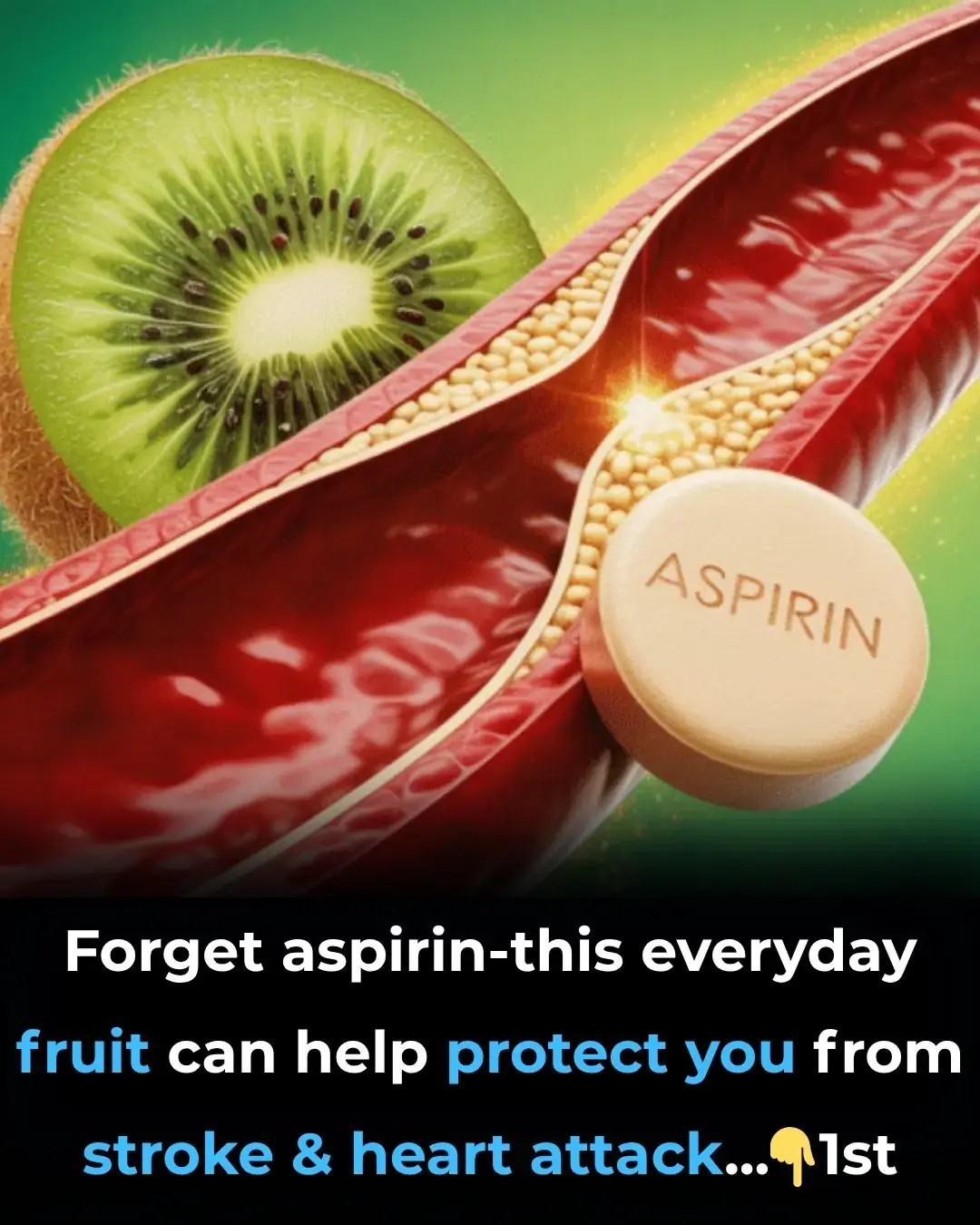
Forget aspirin—this everyday fruit can help protect you from stroke and heart attack
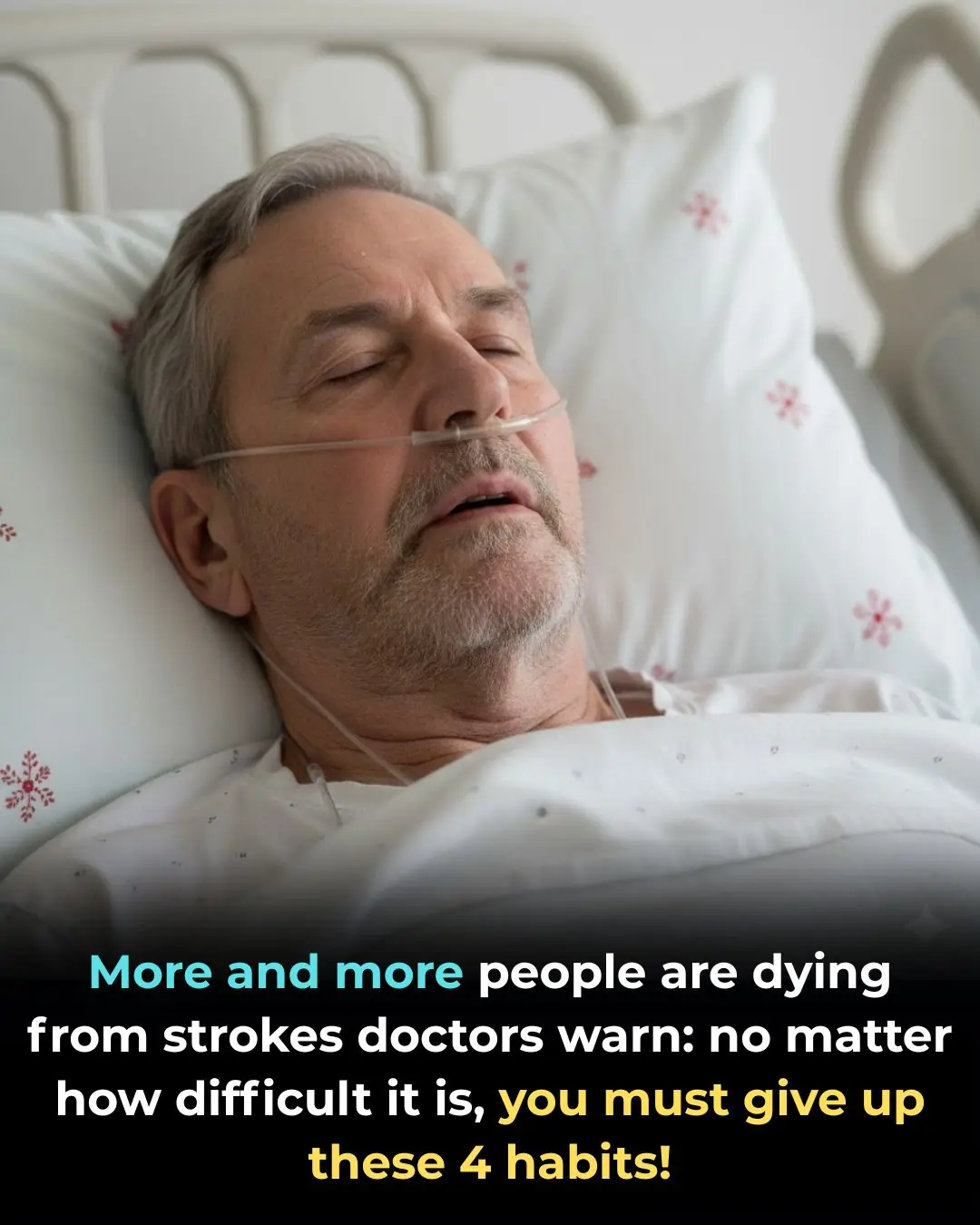
Preventing Stroke At Any Age: 3 “Don’ts” After Meals—And 4 “Don’ts” Before Bed
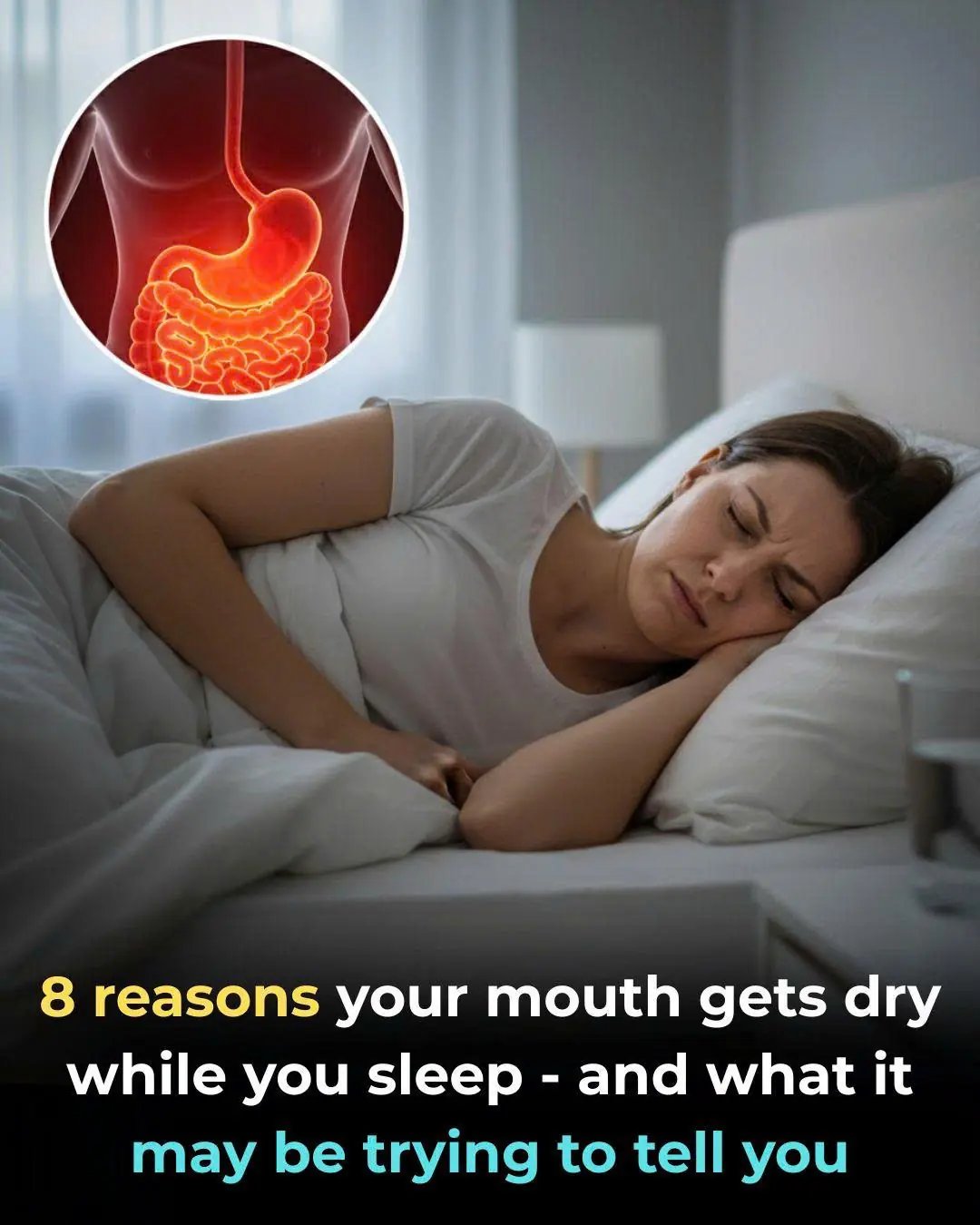
People whose mouths feel dry when sleeping at night need to know these 8 reasons
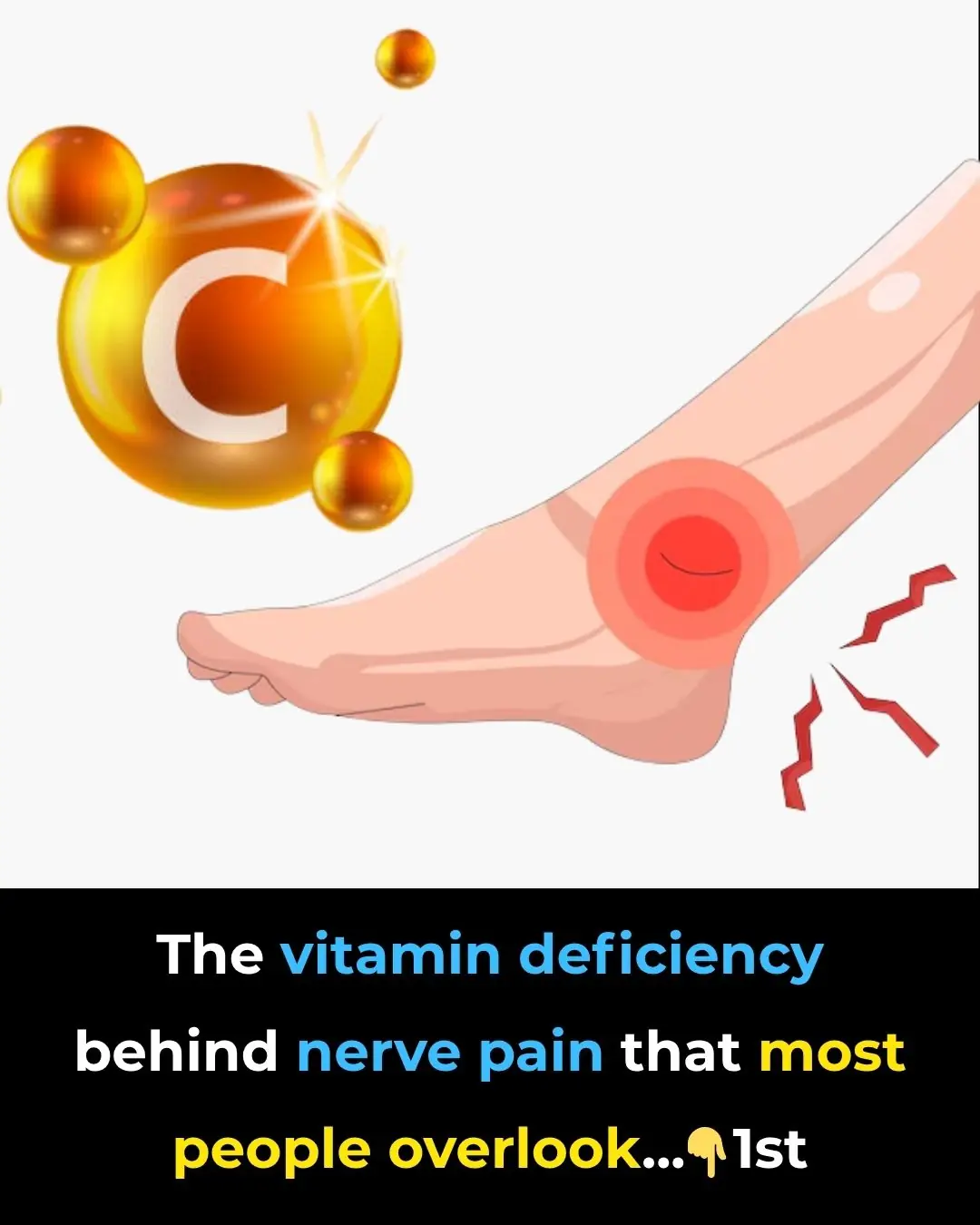
Nerve Pain Relief? The Vitamin Deficiency You Never Suspected!
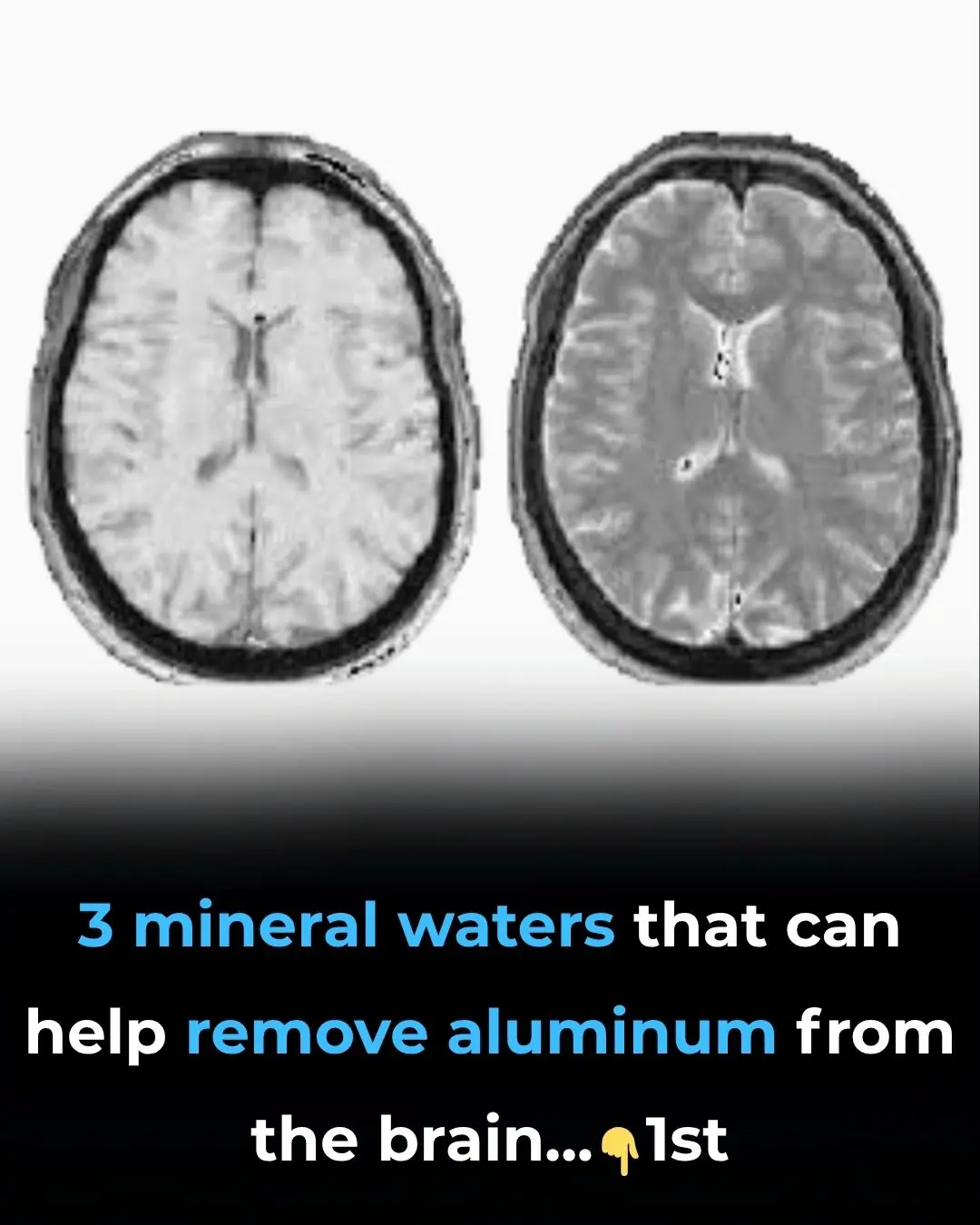
3 Mineral Waters That Can Help Remove Aluminum From The Brain
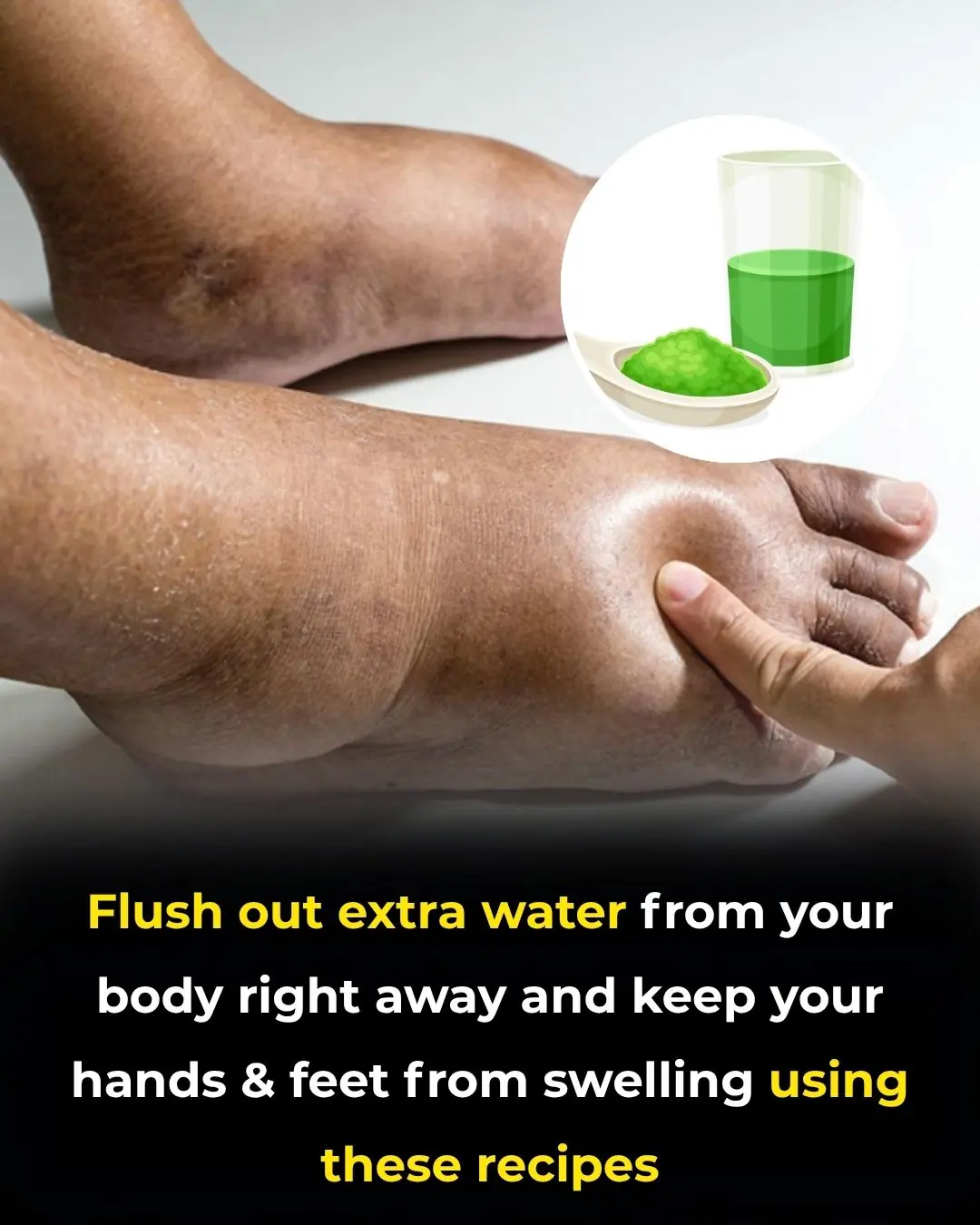
Say Goodbye to Swelling: Natural Ways to Beat Water Retention Fast!
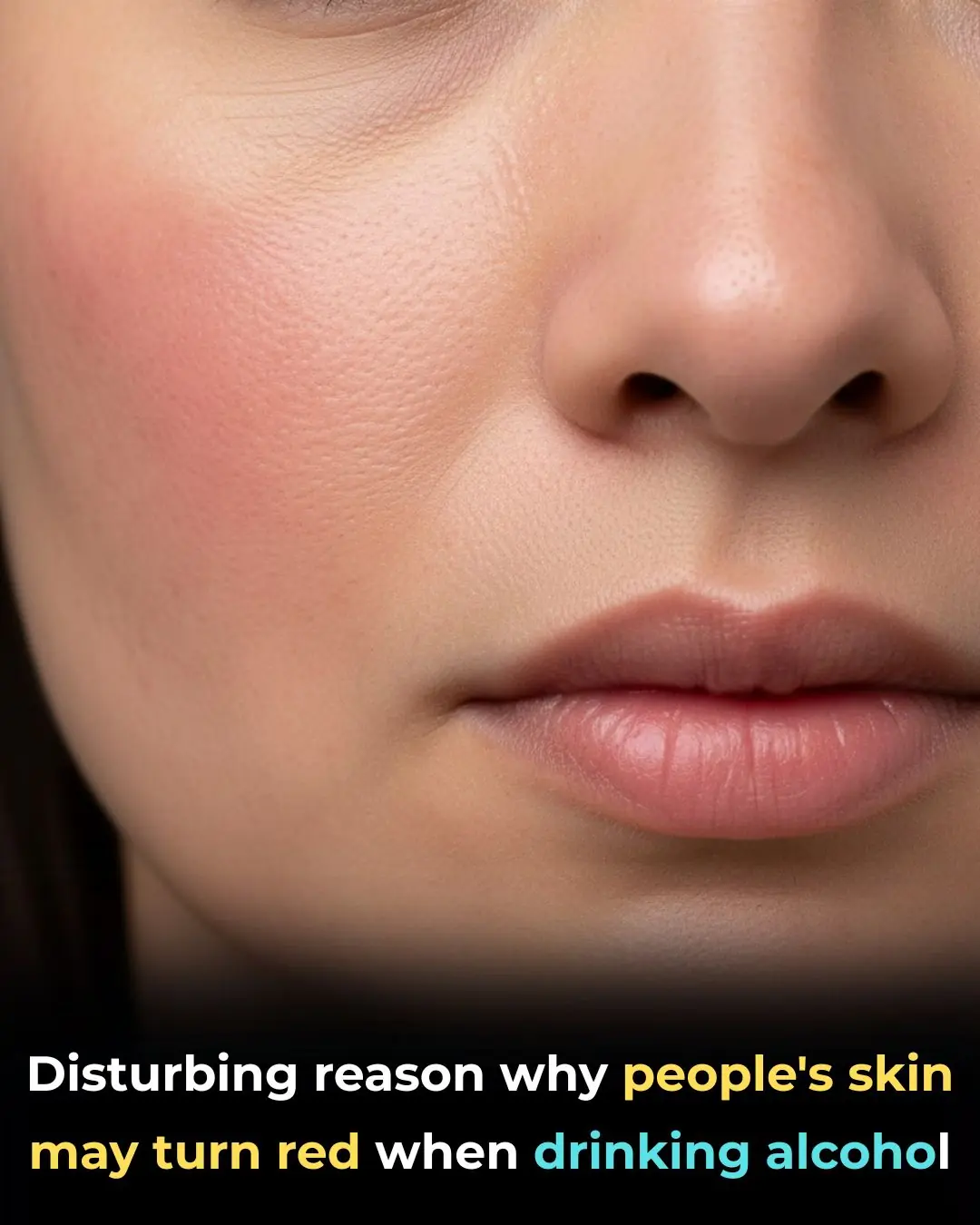
Why Some People’s Skin Turns Red When Drinking Alcohol
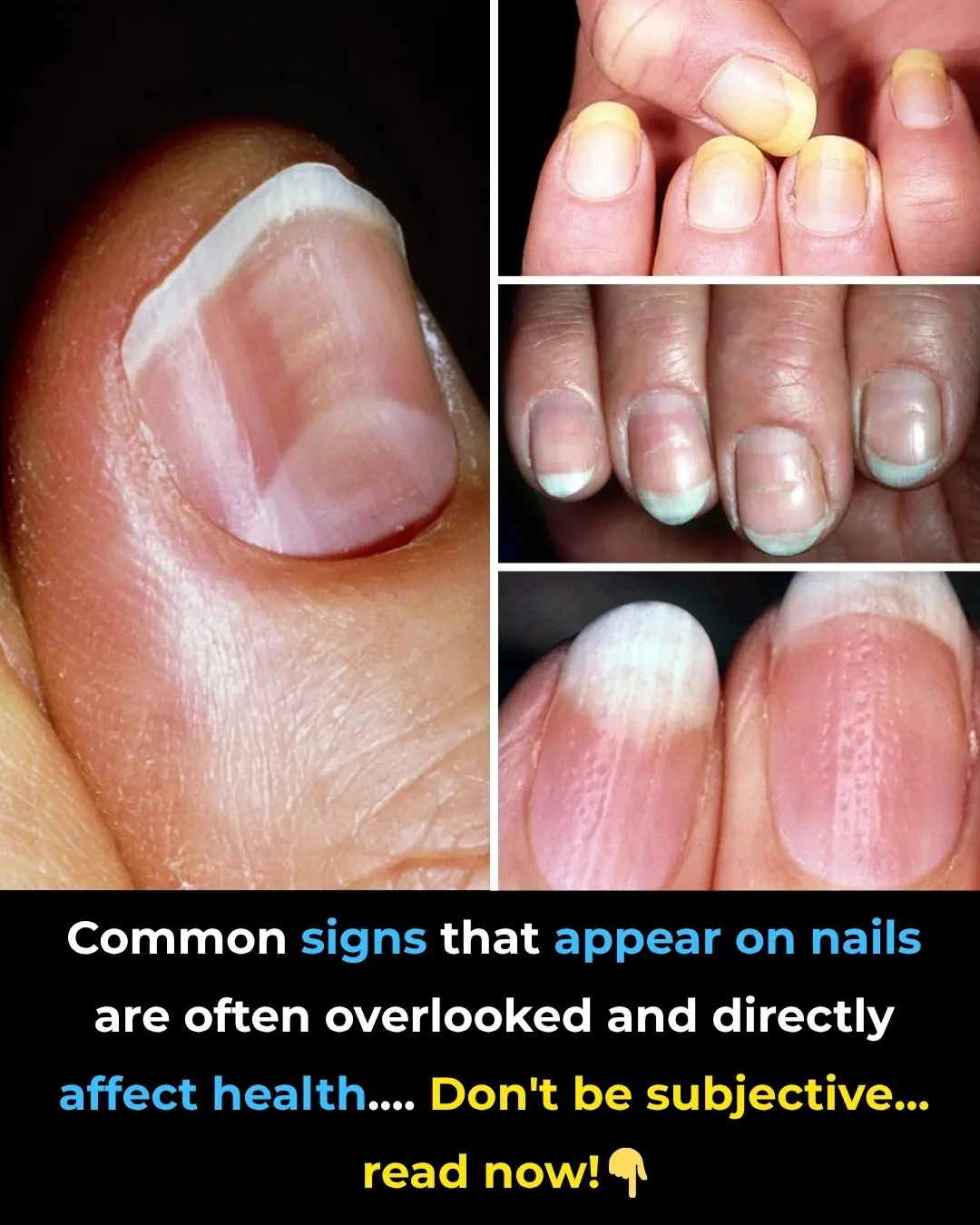
What Your Nails Reveal About Your Health: Hidden Signs You Shouldn’t Ignore

The #1 reason to drink lemon water daily (and the mistakes that ruin it)
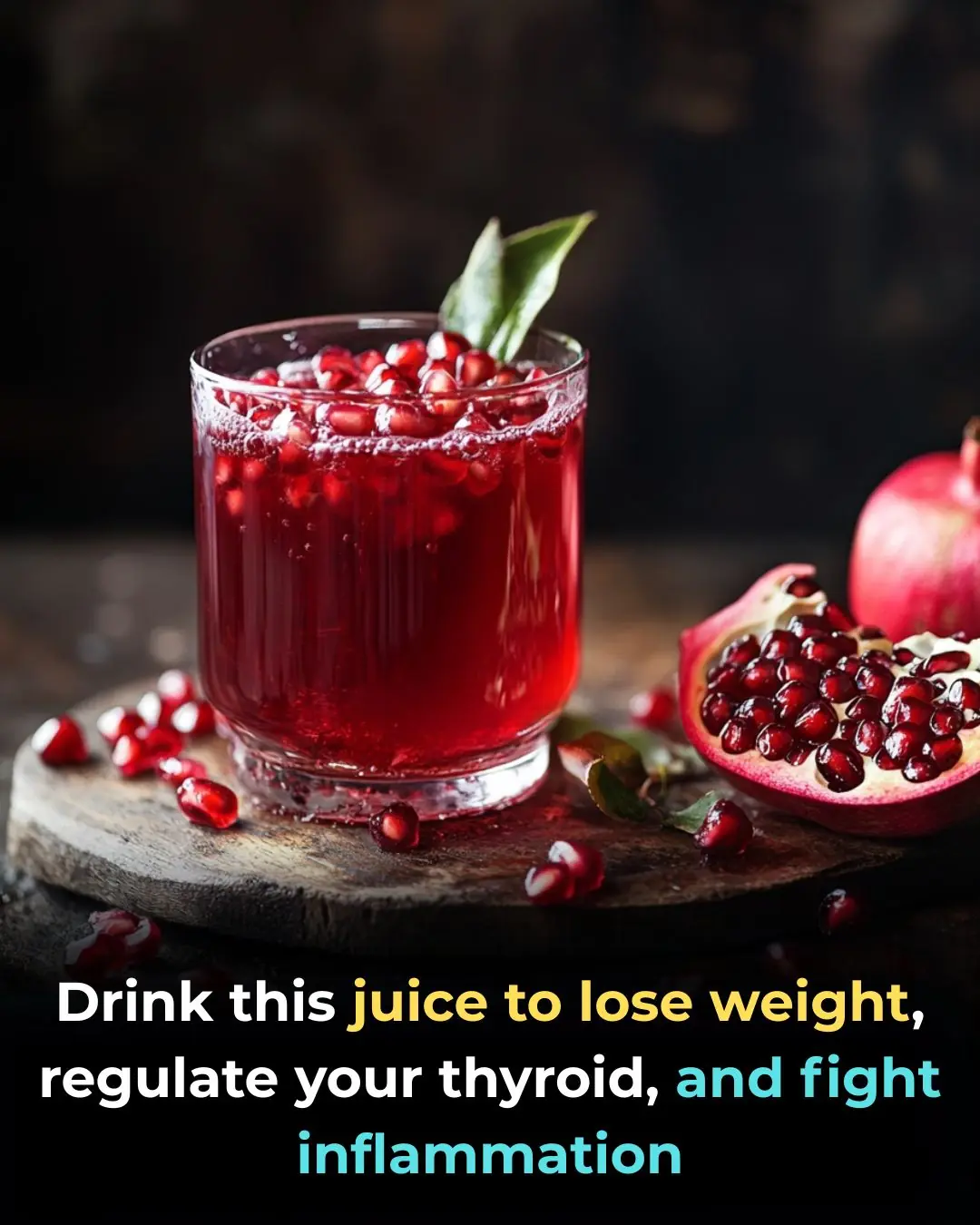
Maintain Your Thyroid in Top Condition with This Juice
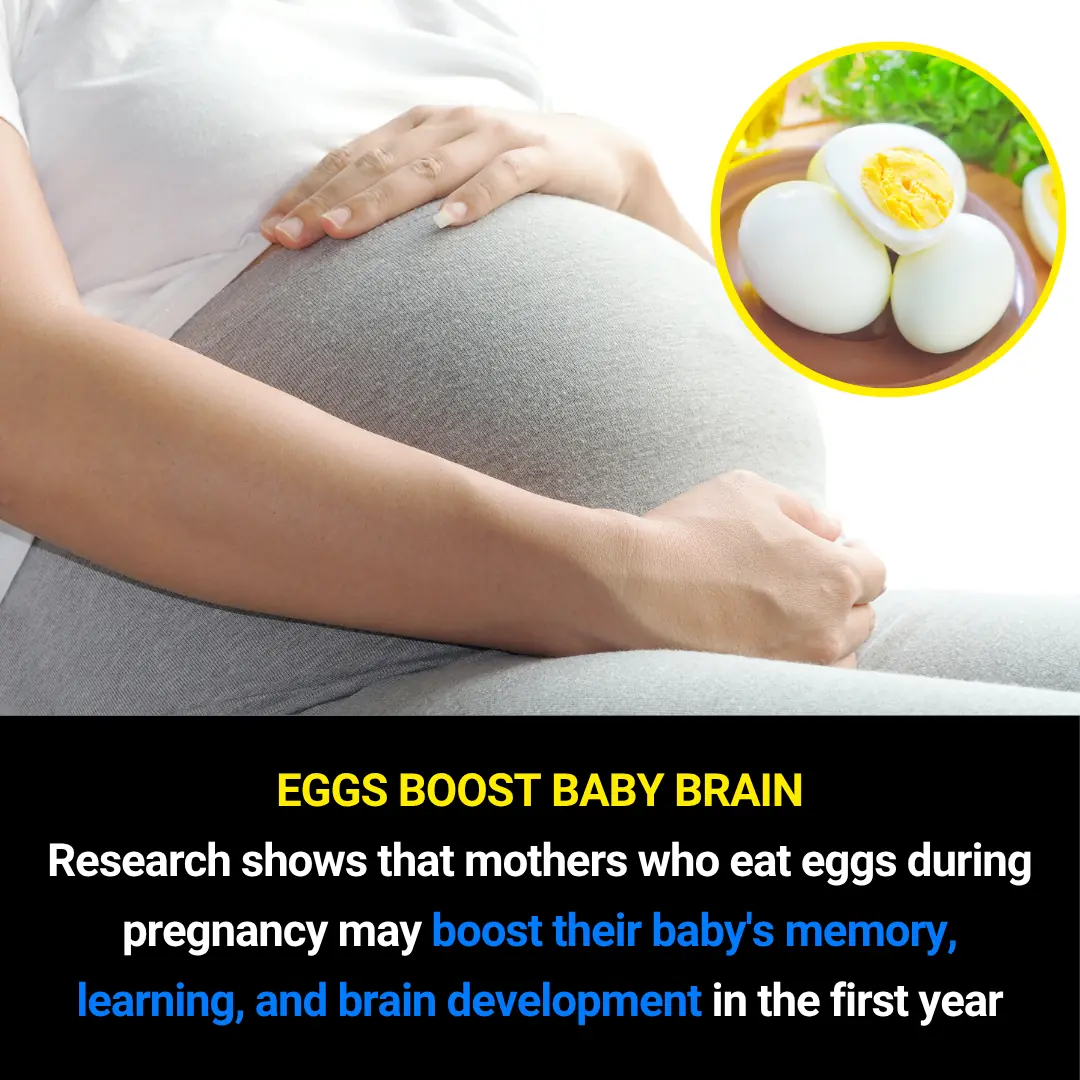
Eggs in Pregnancy: How They Can Supercharge Your Baby’s Brain Development
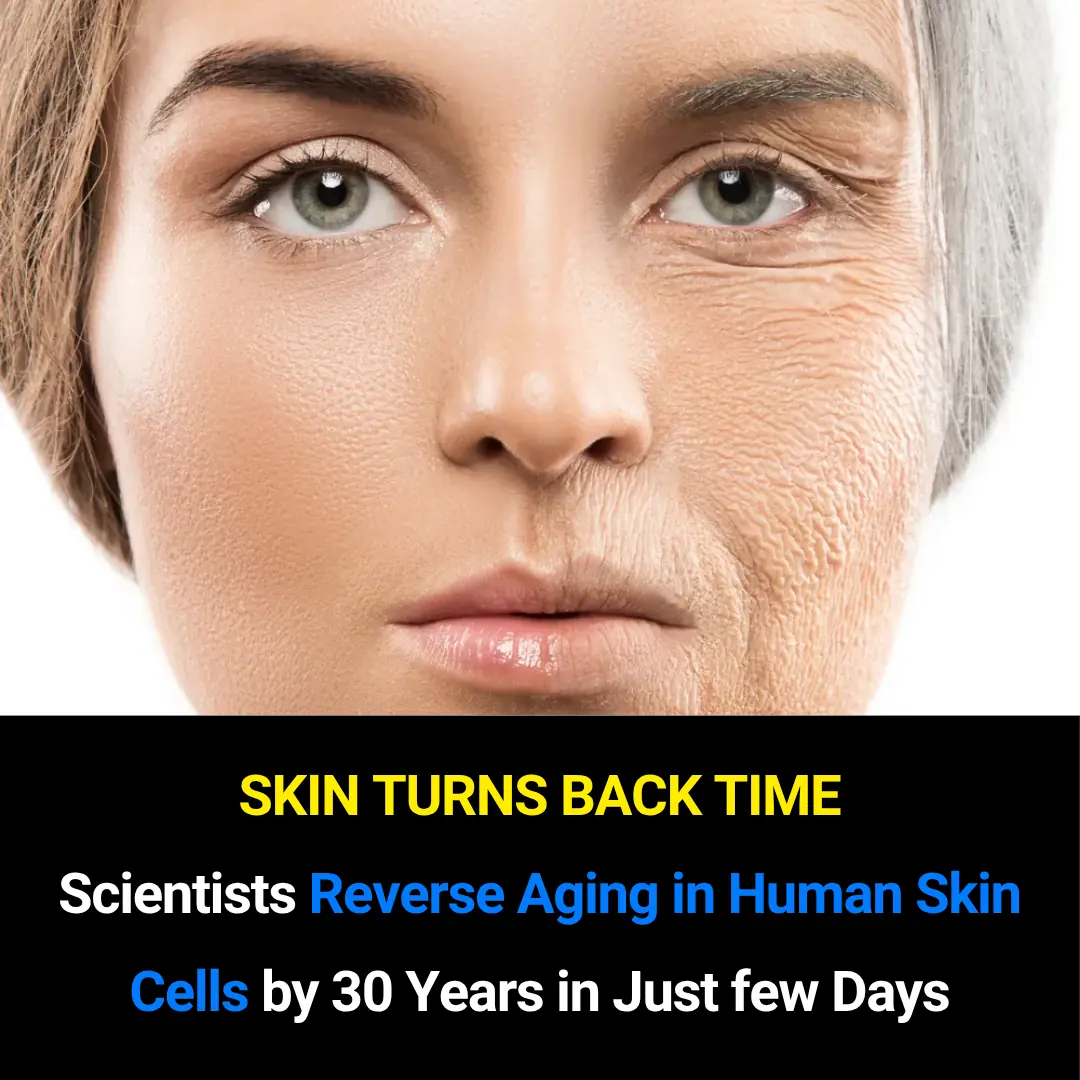
Scientists Achieve Breakthrough in Reversing Human Skin Cell Aging by 30 Years: A New Era for Anti-Aging and Regenerative Medicine
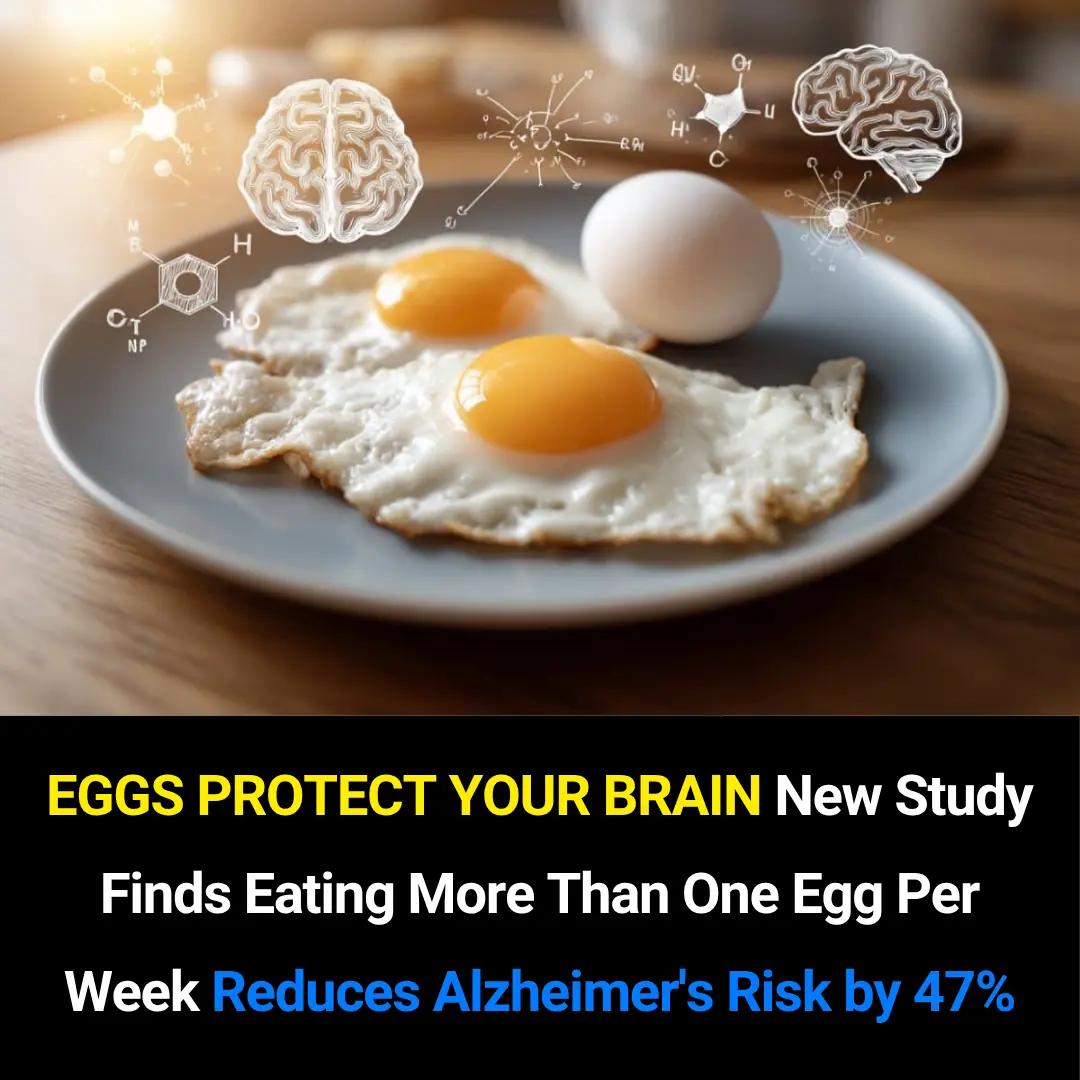
Eating Eggs Weekly May Reduce Alzheimer’s Risk by 47%: What New Research Reveals
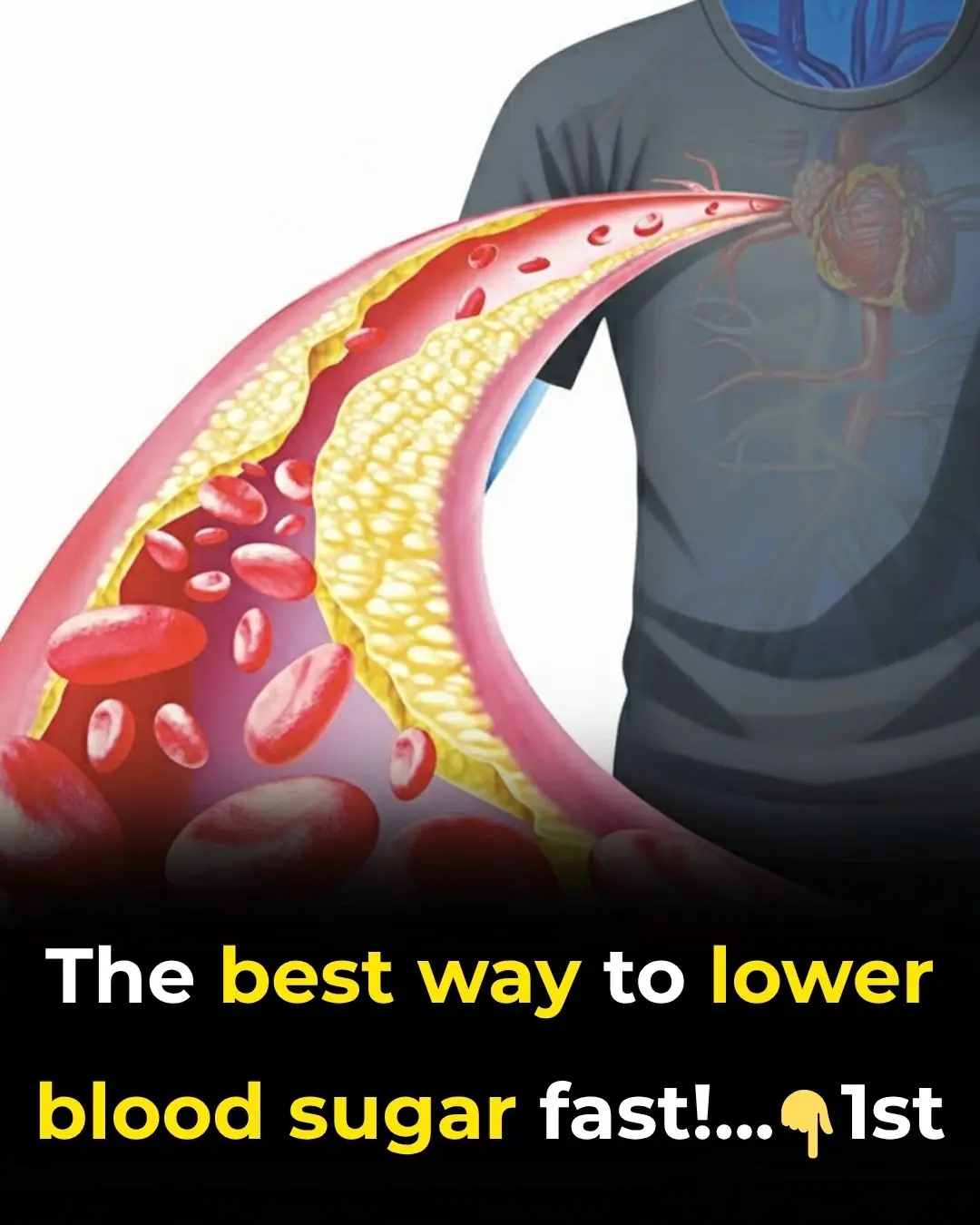
The best way to lower blood sugar fast!
News Post

Prince William ‘warming’ to idea of welcoming Prince Harry back into the royal fold

Concerns for I’m A Celebrity star Shona McGarty as family speak out

I’m A Celebrity 2025: Kelly Osbourne sends message to brother Jack after his claims about filming The Osbournes

Minka Kelly tells Drew Barrymore all about boyfriend Dan Reynolds after shutting down Jenna Bush Hager

This Morning star Michelle Elman reveals she needs ‘another brain surgery’: ‘I will have to pause my life and deal with this’

Jay Leno reveals ‘toughest part’ of caring for wife Mavis amid dementia battle: ‘Really hard’

Queen Camilla ‘slammed’ for awkward ‘weight’ remark she said to Gavin and Stacey star Ruth Jones

‘We don’t want it!’ slam EastEnders fans amid Zack and Vicki romance

I’m A Celebrity cast’s biggest transformations – Lisa Riley’s 12-stone weight loss; Alex Scott’s glow-up; teenage Aitch

Inside Prince William and Princess Kate’s glamorous Royal Variety date night with rare but romantic PDA moment

Gemma Atkinson addresses having another baby with Gorka Márquez: ‘A third would be nice’

Robron plot Kev’s downfall – but Emmerdale fans declare they ‘love him’

Spencer Matthews says 'I knew I'd lose her' as he address Vogue Williams' 'struggles'

Surgeon who watched online videos on amputation charged after removing his own legs

Loose Women star gushes over secret boyfriend on first anniversary as co-stars react

A look around Angry Ginge's former home shows I'm A Celeb star's 'true colours'
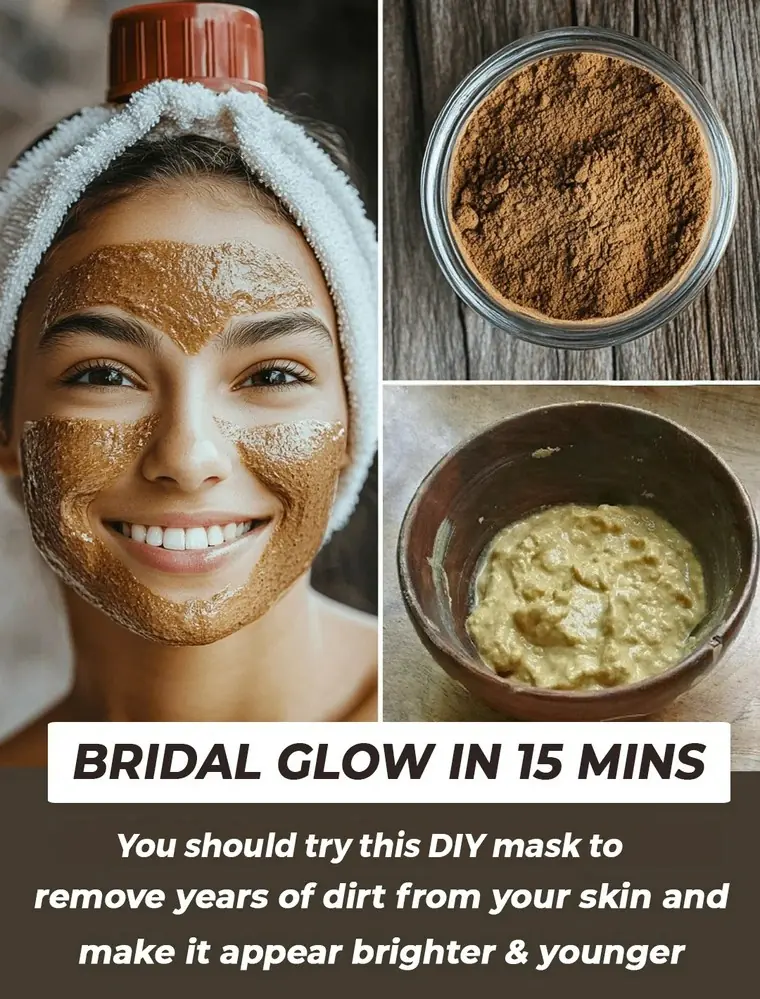
7 Homemade Bridal Face Packs to get Glowing Skin – Bridal Glow Face Pack
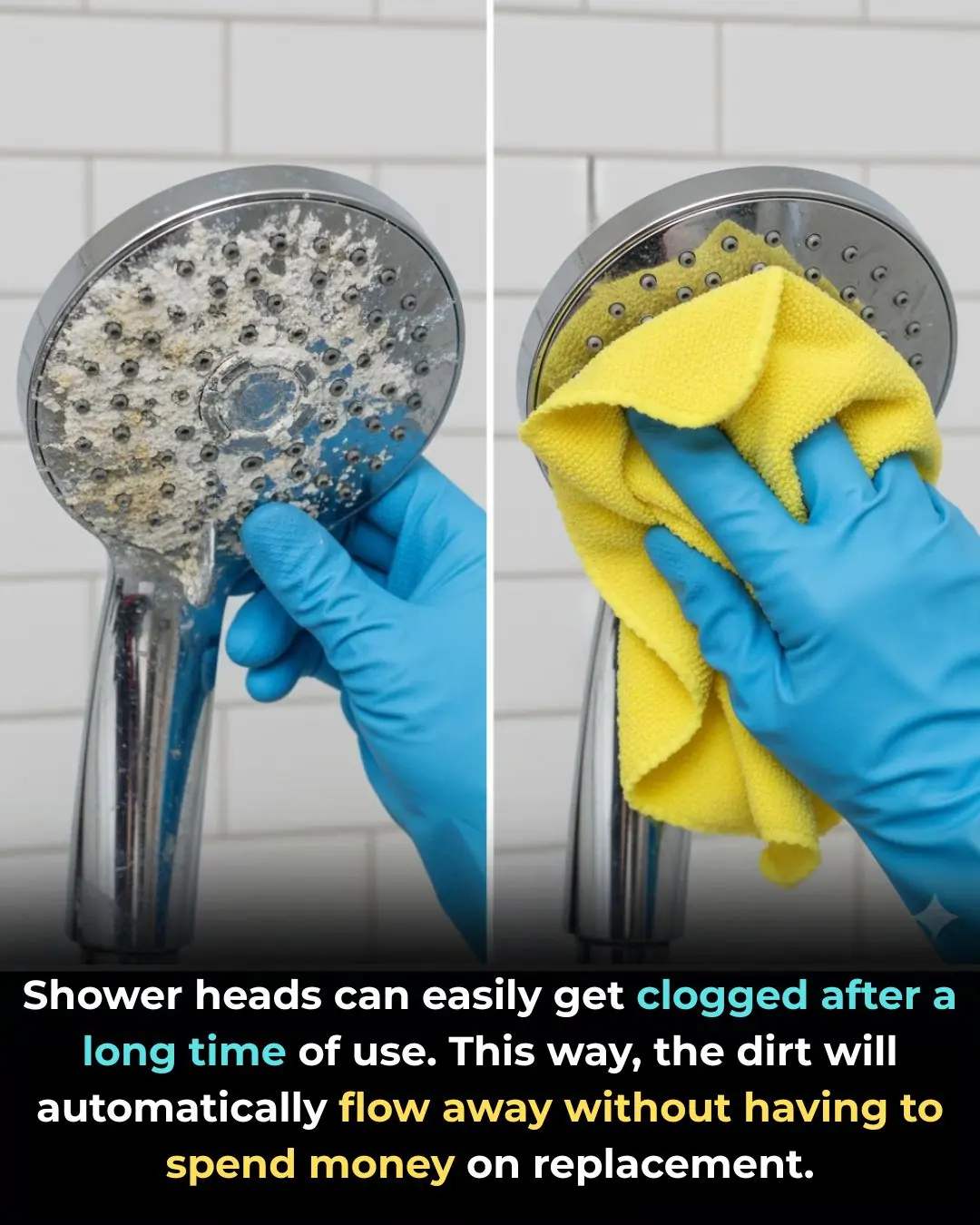
Showerheads that have been used for a long time often become clogged, but with this simple method, the built-up residue can clean itself off without costing you any money to replace the head.
